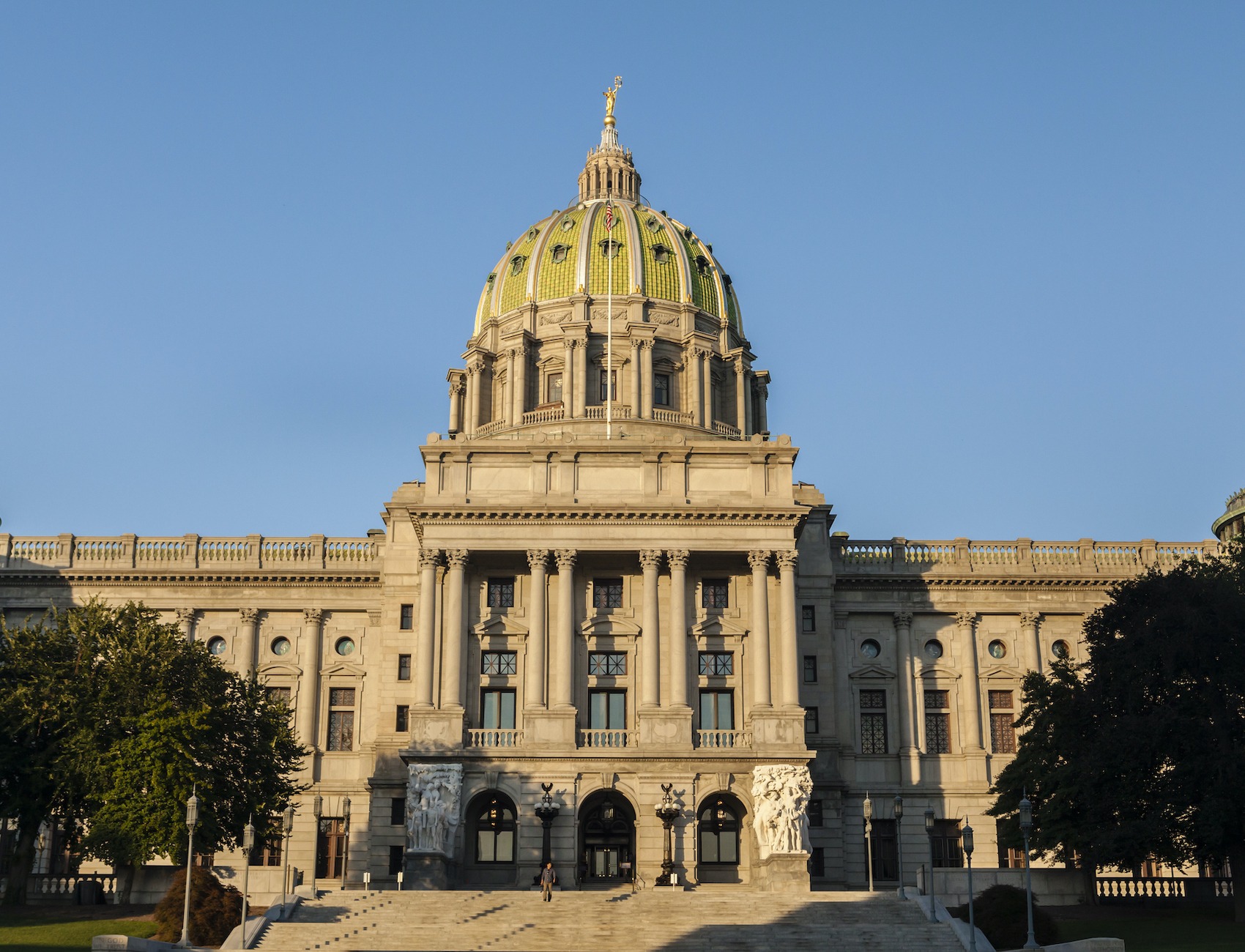Amid COVID-19 Panic, Pennsylvania Republicans Warn Governor Against Taking Executive Action to Release Prisoners
They tell Tom Wolf that taking any unilateral actions to reduce the state’s prison population would endanger public safety.

Pennsylvania House Republicans urged Governor Tom Wolf against acting unilaterally to free vulnerable people from prison during the COVID-19 pandemic, according to a letter obtained by The Appeal.
In the letter, dated March 30, eight members of the House, including Speaker Mike Turzai, objected to any “categorical release of offenders.”
“Protecting our offenders, correctional officers and staff does not necessarily mean releasing offenders from prison,” the letter reads.
Wolf did not respond to The Appeal’s requests for comment.
Pennsylvania law provides a limited number of options for Wolf to act unilaterally to release people from prison. For example, Wolf can advise the Board of Probation and Parole to waive hearings for people who have not had any misconduct violations while incarcerated and have reached their minimum sentence, but he does not have direct control over the board.
Wolf can, however, use reprieves to temporarily release people from prison. Unlike other clemency powers like commutations and pardons, which require approval by the state Board of Pardons before Wolf can act, the reprieve power is largely unchecked.
As first reported by The Appeal, the state Office of General Counsel reviewed Wolf’s ability to use reprieves to release people from prison and determined he “could probably do it,” according to internal emails. However, it was not the “preference” to use his reprieve power.
Republicans argue in their letter that people in prison may actually be safer from the virus than those in the general community: “The social isolation inherent in the operation of a State Correctional Institution is an advantage shielding our offenders from the community spread of COVID-19, occurring elsewhere.”
But this idea runs counter to the consensus among many public health experts. Jails and prisons tend to be hubs of infectious disease, they say. People in prison face higher rates of communicable diseases like tuberculosis and lack many of the tools necessary to prevent the spread of diseases including ready access to soap, alcohol-based hand sanitizer or even proper medical care.
Republicans acknowledged that if the virus were to make its way into prisons, it could put people there and those who work in the system at greater risk.
The same day the letter was sent to Wolf, the state Department of Corrections announced its first confirmed case of an incarcerated person testing positive for COVID-19. Since then six more incarcerated people and 16 staff members have tested positive. Research by journalist Adryan Corcione indicates the virus may be even more widespread in the prison system than what is officially reported.
Republicans said in the letter that they were willing to work in “good faith” to address release through legislative action. “But unilateral action without legislation to reduce the population of our SCIs … will just needlessly create another risk to public safety.”
On Friday, Wolf’s administration proposed creating a limited emergency furlough program. The program, however, would exclude large categories of people from release based on their conviction and prior criminal history. The bill, drafted in consultation with the Pennsylvania District Attorneys Association and the Office of Victim Advocate, also excluded many elderly people in prison and allowed district attorneys and judges to object to, and essentially block, any prisoner’s application for release.
House Republicans did not act on the proposal. Instead, they introduced an even more restrictive version of the bill, which proposed capping the total number of people who could be released at 450, or roughly 1 percent of the population. Republicans failed to act on that proposal, as well.
On Monday, Corrections Secretary John Wetzel sent a letter to lawmakers that if a furlough program did not pass the legislature by Friday, he would recommend that Wolf use his reprieve power.
Michael Straub, spokesperson for Pennsylvania House majority leader Bryan Cutler, told The Appeal in an email: “At this point, I think we anticipate the Governor acting unilaterally. We still hope his decision will allow judges to make the decisions and we will continue to engage with the administration. We will weigh what options are available to us in terms of a response.”
